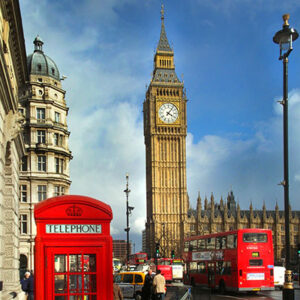Thousands of migrant workers, including a significant number of Nigerians, may face deportation following the United Kingdom government’s decision to scrap visa sponsorship for over 100 skilled job roles.
The move is part of sweeping immigration reforms introduced by Prime Minister Rishi Sunak’s administration, aimed at drastically reducing net migration figures ahead of the next general elections.
The revised shortage occupation list, which previously allowed foreign workers to enter the UK under more relaxed salary and visa conditions, has been significantly trimmed. Dozens of roles — including care workers, chefs, welders, bricklayers, and laboratory technicians — have now been removed.
Many Nigerians currently working in the UK under these job categories could be affected, as the revocation of sponsorship renders their stay in the country illegal once their existing visa expires. Immigration experts warn that unless alternative visa routes are secured, thousands could face forced removal or be compelled to leave voluntarily.
“This is a devastating blow,” said a Nigerian nurse who spoke on condition of anonymity. “Many of us left our families and jobs back home hoping for stability in the UK. Now we are in limbo.”
According to the UK Home Office, the new rules are designed to “ensure the immigration system is fair, sustainable and focused on British needs,” but critics argue it disproportionately affects migrants from developing countries like Nigeria who filled crucial workforce gaps during the UK’s labour shortages.
Human rights groups and migrant advocacy organisations have condemned the policy, warning it could trigger a humanitarian crisis if mass deportations begin. They are calling on the UK government to implement a transition plan to protect those already in the country and contributing to the economy.
Back in Nigeria, the news has sparked concern among families and communities that heavily rely on remittances from relatives in the UK. Remittances from the UK form a significant portion of Nigeria’s foreign income, especially from health and social care workers.
As uncertainty mounts, affected Nigerians are being urged to seek legal advice and explore alternative visa options where possible. However, immigration lawyers warn that the window for appeal or adjustment may be narrow under the new regime.
The Nigerian government has yet to issue an official statement on the matter.






